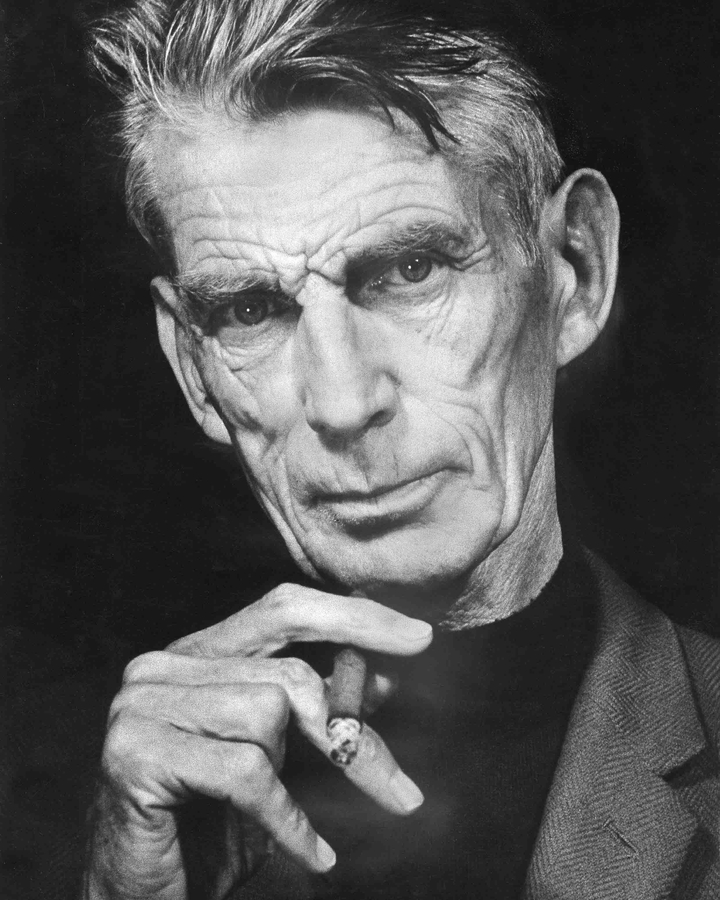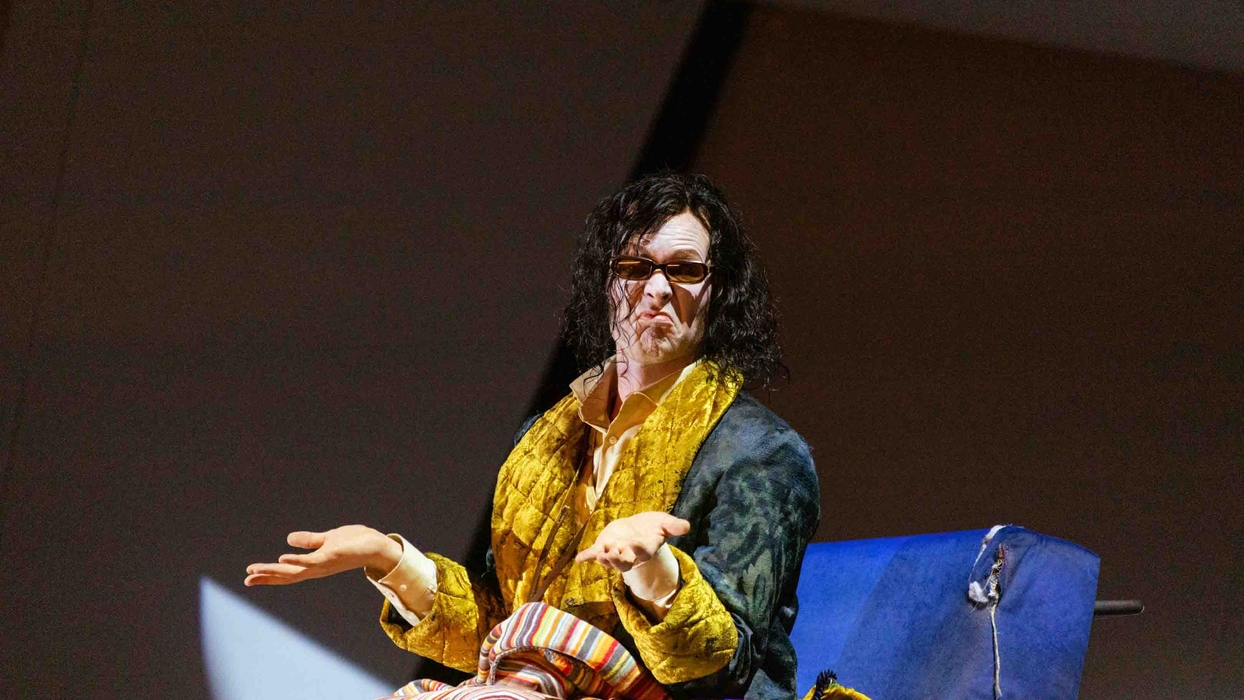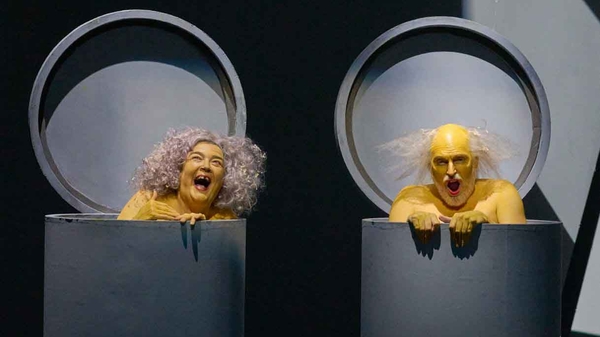"Fin de partie" - How it (maybe) ends
News |

A sensation in the history of music
It was a true sensation: at the age of 92, György Kurtág celebrated the world premiere of Fin de partie - his first opera - in Milan in 2018. This work is not only the longest in the Hungarian composer's entire catalog, but also a central highlight of his 60-year career. Kurtág, known for his small, concise musical forms, decided to create the opposite with Fin de partie: an opulent, complex opera. Nevertheless, he describes the current version as "provisional" - despite the fact that he is now 97 years old.
The opera crowns a unique vocal work that encompasses all facets of music: from orchestral music and solo voices to chamber music and choral works. The title Samuel Beckett: Fin de partie: Scènes et Monologues reflects the episodic structure that characterizes both Kurtág's and Beckett's works. Kurtág uses about 60% of Beckett's original text, emphasizing the individual moments so that they could almost stand alone, following the dramatic structure of the piece.
Kurtág and Beckett: A long connection

Kurtág has previously worked with texts by Samuel Beckett: Two works from the 1990s, What is the Word and pas a pas ... nulle part, set Beckett texts to music. But Fin de partie is particularly formative for the composer. in 1957, the year Beckett's play was premiered, Kurtág saw it in Paris and admitted that he "understood nothing". But the fascination remained, and 61 years later he brought Beckett's work to the stage as an opera.
The play itself, which establishes Beckett's work as a classic of "absurd theater", depicts a world in which the absurdity of life and the absence of any meaning are central themes. This philosophy runs through the entire work and is brilliantly brought to life by Kurtág's music.
Beckett's philosophy and absurdity
"The Endgame" is one of Beckett's best-known plays. It has inspired numerous thinkers, including Theodor W. Adorno. In his famous 1958 essay, Adorno argued that Beckett's work abolishes the freedom of the individual and the search for meaning. For Adorno, Fin de partie is the "end" of human freedom - a work that addresses the impossibility of understanding. Beckett himself, however, refused to provide clear explanations, which became a conundrum for many directors and interpreters. His answers to questions about details of the play were often laconic so as not to put too much meaning into the work.
Interestingly, Beckett himself insisted that "actors should not play the denouement of a parable", but rather portray the absurdity of what was happening - a challenge for performers to authentically portray the unresolved, complex nature of Beckett's work.
Kurtág's masterpiece

Kurtág, who studied Beckett's text intensively before he began composing, created a musical work that brings Beckett's "absurd" to life. As the conductor Simone Young describes, Kurtág succeeds in finding sounds and noises that express what is not said and what is absent - the absence of rational meaning. In 13 scenes and an epilogical, wordless section, an unmistakable sound language emerges that is highly theatrical. Kurtág composes so precisely that he harmonizes the music with the dramaturgy of Beckett's play.
The importance of the performance
In the new Viennese production, conducted by Simone Young and directed by Herbert Fritsch, it becomes clear how Kurtág not only respects Beckett's work, but even reinforces it in the right places. He gives singers and singers precise instructions in dynamics and expression, while actors have more freedom. This balance allows for a deeper engagement with Beckett's comedy, which resonates in the often tender and surprising moments of Kurtág's music.
The audience is invited to take part in this subtle, sometimes frightening, but always fascinating journey - an experience that inspires both wonder and laughter.
